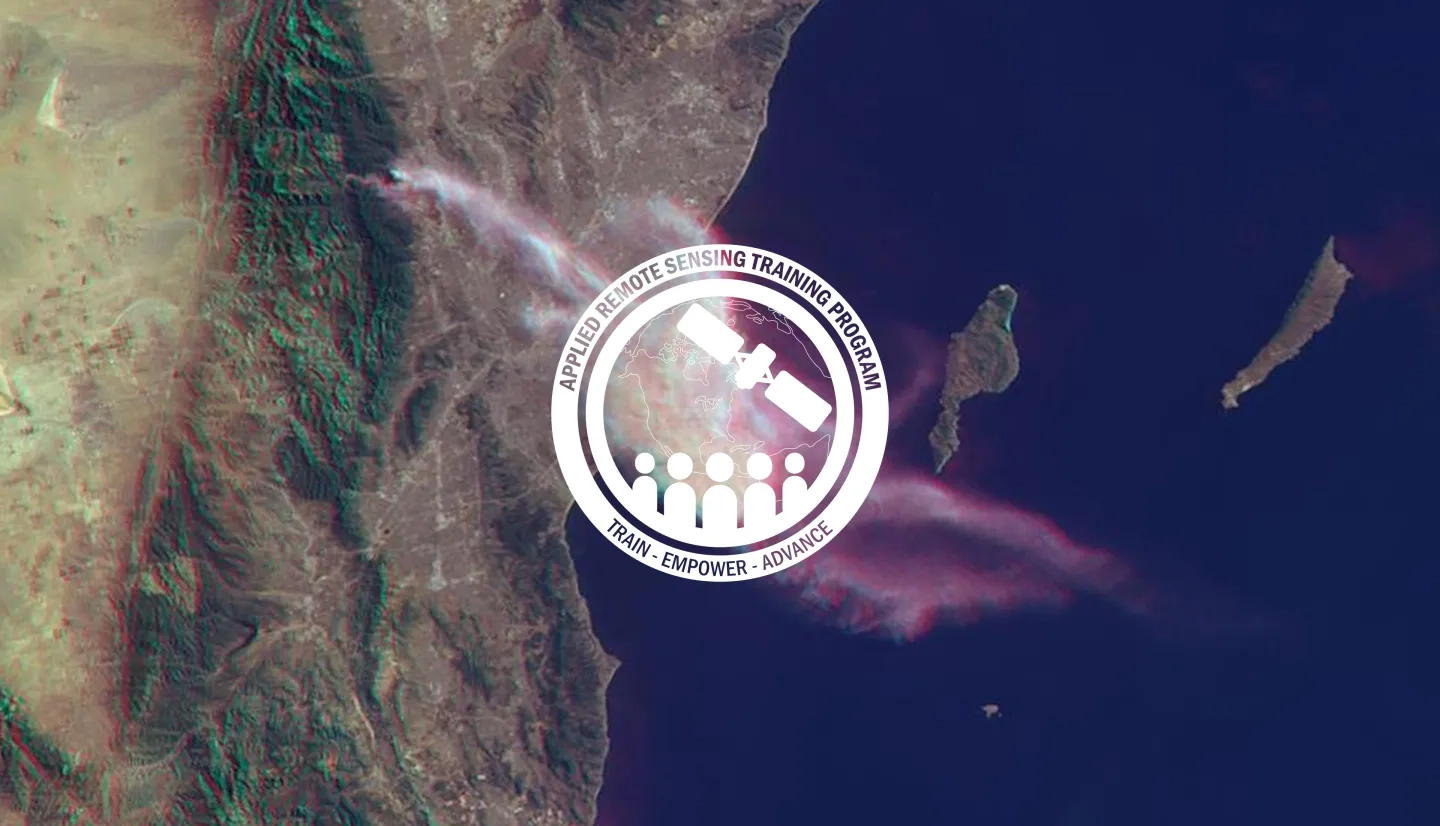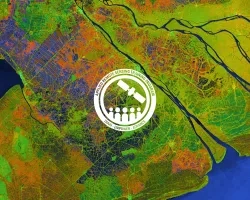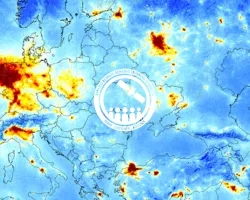Description
July 06, 2016 - August 03, 2016
This introductory webinar series provides a brief overview of some of the fundamentals essential to understanding the remote sensing process, data products, and their use in air quality applications. This training was specifically targeted at participants of the in-person workshops at the 17th IUAPPA World Clean Air Congress, the 9th CAA Better Air Quality Conference, and the Atmospheric Optics: Aerosols, Visibility, and the Radiative Balance Conference.
Participants will:
- Understand some of the basics of satellite remote sensing of aerosols and trace gases
- Be able to access limited satellite images and data using online tools
- Become familiar with remote sensing terminology
National and international entities involved in air quality management and professionals interested in implementing satellite capabilities for decision support activities.
- Five 1-hour sessions
An overview of the ARSET program, this course, fundamentals of remote sensing, active and passive sensors, satellite orbits, and spatial, spectral, radiometric, and temporal resolution.
An overview of satellite imagery, true and false color images, feature identification, and accessing near real-time satellite imagery through Worldview.
Defining remote sensing of aerosols, ground-based remote sensing of aerosols, NASA satellite aerosol products, and aerosol products as a surrogate for PM2.5.
Background information on trace gas detection and products and downloading and analyzing Level 3 NO2, SO2 and CO products.
An example of a geostationary aerosol product, future satellite capabilities for air quality monitoring, a review of the course, upcoming training opportunities, and a final question and answer session.



